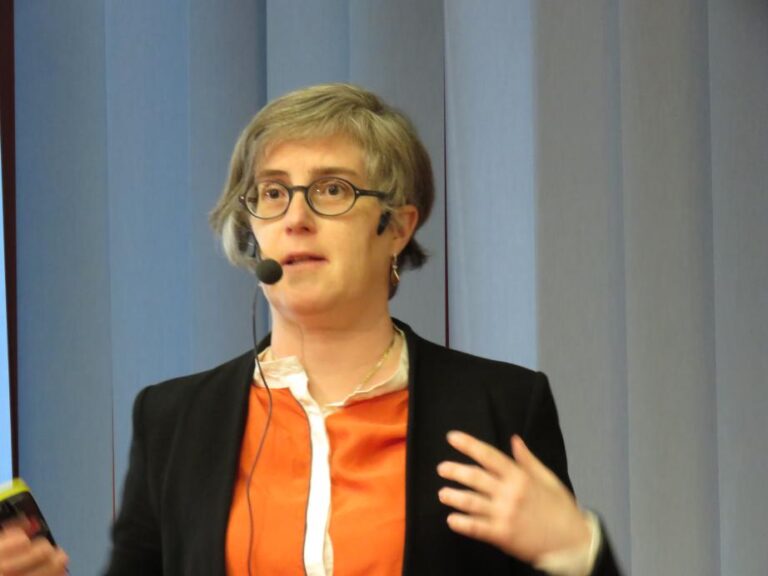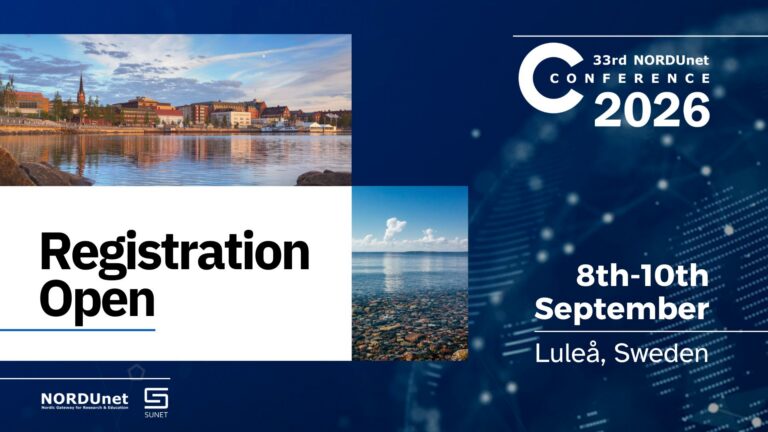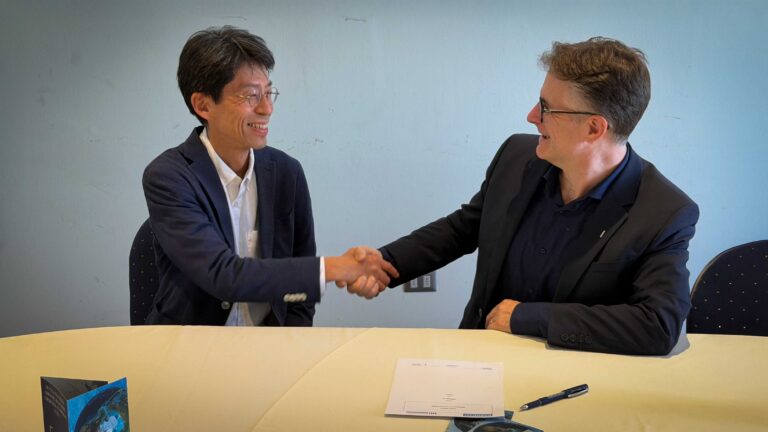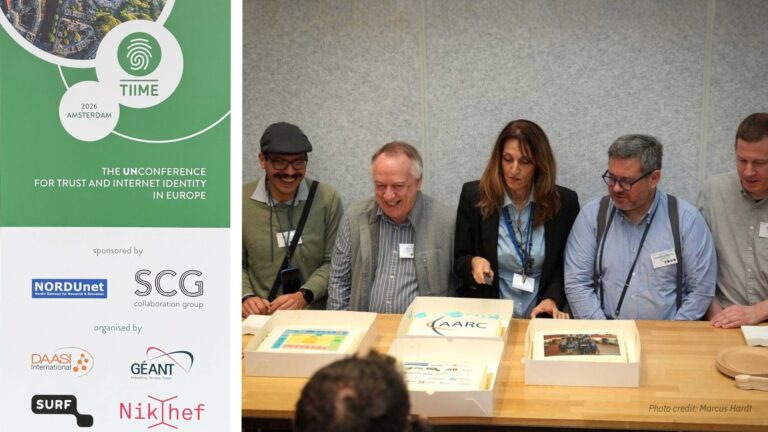– Nordic NRENs can be a showcase on how to strengthen cross-border collaboration
A good, robust foundation opens up a wide range of opportunities for collaborating across borders, says Ingrid Melve, director of the eCampus programme at Norwegian Uninett. The current intense Nordic NREN collaboration has developed step-by-step.
– Our starting point was working together to create a strong, flexible infrastructure across the Nordics, Ingrid Melve explains.
– From there we went on to identity management. The Nordics were first to demonstrate an identity service working not only in one country, but across borders also. Having this foundation in place meant we were able to move on to collaborate on a range of services. The first one was Adobe Connect, a collaboration platform for online events, such as meetings, web conferences, eLearning and webinars. Setting up Adobe Connect we could use the same background mechanisms across Scandinavia, together with giving room for local adjustments. That made it much easier – and cheaper as well.
Money and knowledge sharing
The financial side of things is, according to Ingrid Melve, one of the two main advantages of NRENs collaborating across borders.
– Obviously, money is important. The vendors will find you much more interesting, if you represent four countries instead of one, so the dialogue becomes easier. The other main advantage is competence building. Working together in the Nordics, we’ve been able to learn much from each other. Instead of being just one or two people in each country working with let’s say Adobe Connect, now you have a backing group of maybe 8 or 10 people in Scandinavia. That means learning from each other and achieving higher competence levels much faster.
Now, a whole range of different services are specified, purchased, modified and maintained in a Nordic collaboration. One of these is Box, a cloud service for file sharing and personal storage, adapted by the Nordic NRENs to fit local legislation. Also, the education video platform Kaltura and lecture capturing software Mediasite are available across the Nordic borders.
Next: Digital Learning Management
Ingrid Melve:
– The next big thing to come is DLM, Digital Learning Management. Unfortunately, here we’ve experienced some of the challenges in cross-border collaboration. One of them is timing. To make collaboration work really well, you have to synchronize your investments. Unfortunately, at Uninett we are under pressure of time, so we’re not able to collaborate a 100 % with our Nordic colleagues. But we are contributing by giving access to all the preliminary work we’ve done already, involving users etc.
– But all in all: when it comes to collaboration, in my opinion the sky is the limit. In the Nordic countries we’ve laid a good, strong foundation to build on, and step-by-step we’ve expanded our cross-border activities. In the future I’m sure we’ll collaborate even more than we already do now. But still we have to keep in mind at all times, that collaboration has to give added value to our customers. It’s really important to have that dialogue. The key question is, what are the needs of universities and researchers? We have to listen to our users to answer that question. On top of that we can collaborate to develop new and exiting services faster and at a better price, than doing it on our own.




